Targeted Therapy Cost in Malaysia
Unlock Exclusive Discount : Your Gateway to Premium Healthcare with Medsurge India Health Value Card.

Unlock Exclusive Discount : Your Gateway to Premium Healthcare with Medsurge India Health Value Card.


Targeted therapy is a form of cancer treatment that focuses on specific genes and proteins responsible for the growth and survival of cancer cells. By targeting these specific factors, targeted therapy can alter the tissue environment in which cancer cells thrive, either by creating an inhospitable environment or by inhibiting the growth of cells that support cancer development, such as blood vessel cells.
Over the years, targeted therapy has proven effective in treating various types of cancer and has received approval for more than 15 different cancer types, including breast cancer, prostate cancer, colon cancer, and lung cancer. It is often used in conjunction with other cancer treatments, such as chemotherapy, to enhance the overall effectiveness of the treatment approach.
There are various forms of cancer, with each variant exhibiting distinct genetic alterations that play a role in its progression and dissemination. Consequently, a multitude of targeted therapies have been devised to specifically address the diverse types of cancer. They mainly work through the following mechanisms.
After identifying specific alterations in your cancer genes and proteins, your oncologist will engage in a discussion with you regarding the most effective treatment approaches. Additionally, you will be provided with guidance on understanding the tolerability of the treatment and estimate the cost of the prescribed drugs. Different types of targeted therapy for cancer include:-
EGFR inhibitors – Certain types of cancer overproduce a protein known as EGFR. The function of EGFR inhibitors is to bind to the terminal part of EGFR, which is a receptor on the surface of cells, in order to impede the activity of EGF.
HER-2 Inhibitors and conjugates – 20-25% of breast cancer are due to overexpression of HER-2 protein. HER-2 inhibitors work by blocking the attachment of HER-2 to its receptors.
Kinase inhibitors – Kinases play a crucial role in transmitting growth signals within cancer cells. The mechanism of kinase inhibitors involves blocking the activity of receptor tyrosine kinases.
mTOR inhibitors – mTOR, a protein kinase present within cells, can play a role in promoting the growth of cancer cells. The activity of mTOR can be hindered by the introduction of mTOR inhibitors into the cells.
Parp inhibitors – PARP protein plays a crucial role in the repair of damaged DNA within cancer cells. The mechanism of action of PARP inhibitors involves the inhibition of PARP proteins, thereby preventing the repair of DNA in cancer cells.
VEGF inhibitors – Cancer cells secrete VEGF in order to facilitate the formation of fresh blood vessels for their growth. VEGF inhibitors bind to VEGF, preventing it from binding to the VEGF receptor on cancer cells, thereby halting their proliferation.
Although targeted therapy is effective in eradicating cancer cells, it can also lead to various side effects that individuals may experience. These include:
Targeted therapy cost in Malaysia typically ranges from $2,500 to $11,000. The actual expense is influenced by many factors and it can widely vary depending on the city as well. The general cost in different cities of Malaysia is mentioned below.
| Cities | Starting Price |
| Kuala Lumpur | $2,300 to $11,000 |
| Ipoh | $2,200 to $11,000 |
| Johor Bahru | $2,500 to $11,000 |
| Kuching | $2,000 to $11,000 |
| Malacca | $2,500 to $11,000 |
Note: Please be aware that the targeted therapy cost in Malaysia listed above are only an indication of what the treatment will cost initially and may change depending on a number of variables.
Targeted therapy cost in Malaysia might differ among individuals as it is influenced by many variables. These include:
Even after accounting to all the factors, Targeted therapy cost in Malaysia have a more resonable prices to countries like the US, Russia etc.
Medsurge India is a renowned institution catering to the needs of patients in search of skilled physicians, top-notch medical facilities, and specialized healthcare. Our dedicated team will offer you a comprehensive roster of accredited, reputable doctors and hospitals based on your specific medical requirements. Moreover, we are committed to providing you with a cost-effective treatment plan that suits your budget. Additionally, we extend our assistance to patients in various other areas, including obtaining medical visas and travel authorization.

Medical Oncologist
Senior Consultant
18 years of experience
Pantai Hospital Ayer Keroh, Malacca
View Doctor
Medical Oncologist
Consultant
17 years of experience
Island Hospital Penang, Malaysia
View Doctor
Surgical Oncologist
Consultant
30 years of experience
Island Hospital Penang, Malaysia
View Doctor
Radiation Oncologist
Consultant
20 years of experience
Gleneagles Hospital, Kuala Lumpur
View DoctorRadiation Oncologist
Consultant
22 years of experience
Gleneagles Hospital, Kuala Lumpur
View Doctor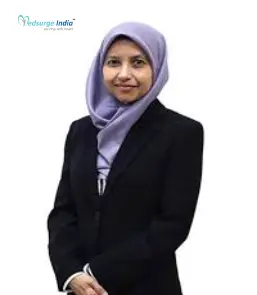
Medical Oncologist
Consultant
23 years of experience
Gleneagles Hospital, Kuala Lumpur
View Doctor
Medical Oncologist
Consultant
15 years of experience
Subang Jaya Medical Centre, Subang Jaya
View Doctor
Medical Oncologist
Consultant
10 years of experience
Sunway Medical Centre
View Doctor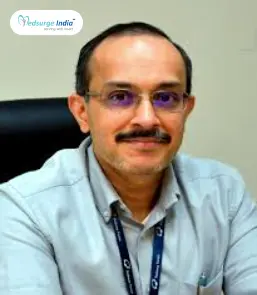
Medical Oncologist
Consultant
11 years of experience
Pantai Hospital Ayer Keroh, Malacca
View Doctor
Medical Oncologist
Consultant
15 years of experience
Sunway Medical Centre
View Doctor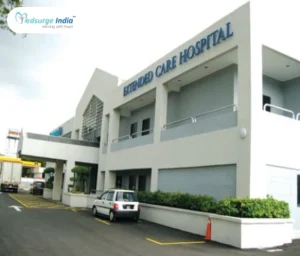
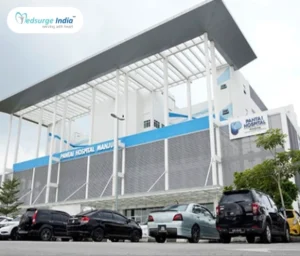
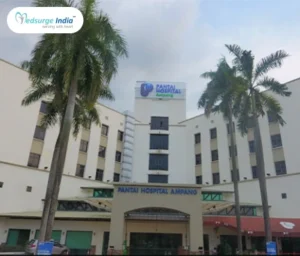
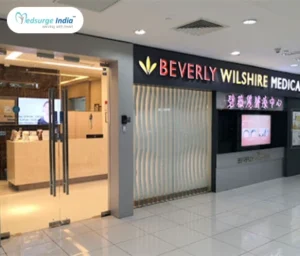
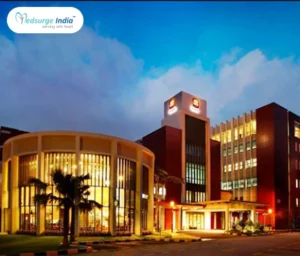
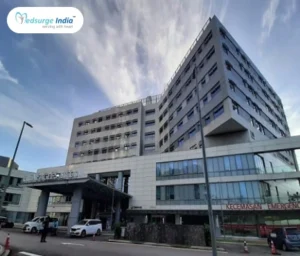
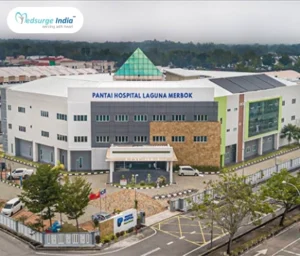
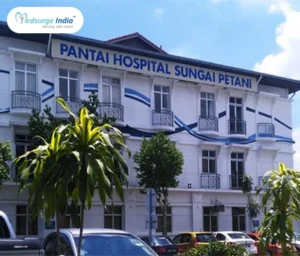

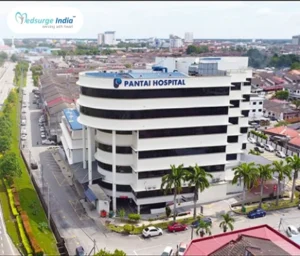
By using our site, you agree to our Terms and Conditions, Privacy Policy and Refund Policy. Medsurgeindia does not provide medical advice, diagnosis, or treatment. The information provided on this site is designed to support, not replace, the relationship that exists between a patient/site visitor and his/her existing physician. We also Accept International Payments.

Copyright © 2025 NSM ONLINE SOLUTIONS PRIVATE LIMITED. All rights reserved.